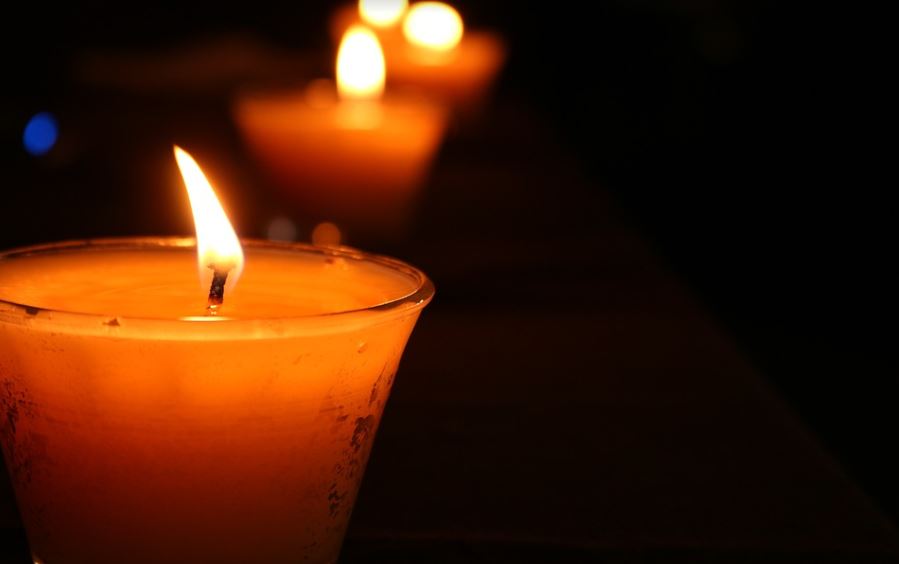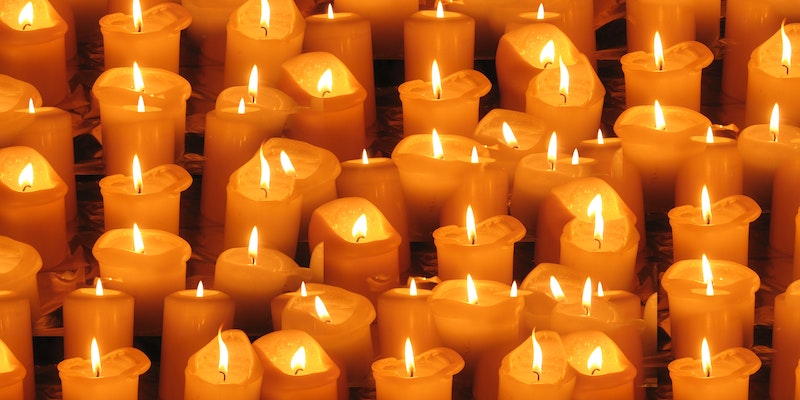- Contact Us Today
- (937) 278-4287
- lgfuneralhome@gmail.com
How Different Religions View Cremation

The Forgotten History of Public Parks
April 22, 2019
The Forgotten History of Public Parks
May 13, 2019With a full range of cremation services in Oakwood, OH, the cremation planning process is comprehensive and offers many different options for memorializing loved ones and using the cremains to remember them perpetually. However, religious beliefs have always had an impact on funeral planning, and most of the world’s major religions have distinct ideas about cremation.
Religious beliefs about cremation sometimes change over time because of general trends in society and culture. They also can change because of logic and common sense, as well as practical reasons such as those that face very small countries or island countries where there is simply a finite amount of land available for burial.
It’s important to understand that individuals have the right to choose whether they want to be cremated or not. In Christianity, for example, the Bible does not forbid cremation as a funeral disposition choice. In fact, it doesn’t say anything at all about it.
But when Christianity became the official religion of the Roman Empire under Constantine, cremations were associated with pagan worship. Specifically and significantly, though, dead people weren’t cremated. Instead, pagans offered living people as sacrifices to be burned in worship of their gods. This included both adults and children, and this practice is specifically condemned and prohibited in the Bible.
Regardless of the facts, Christianity discouraged people from being cremated for centuries. This dissuasion came to America through the English colonists and stayed entrenched in American culture through the 1960’s, when the Baby Boomer generation overturned societal norms, including opting for cremation as a means of final disposition of their bodies. Eventually, cremations became a common option for most Americans to consider.
The Catholic Church forbade cremations until the early 1960’s. In an updated policy from Pope Frances in 2016, cremations are allowed, but cremains must be kept in a sacred place and not scattered or home in an urn.
Protestant churches today leave the decision of whether to be cremated up to the individual. Cremation no longer has a stigma attached to it, so many Protestants are choosing it as their final disposition method.
In most cases, the Eastern Orthodox Church does not permit cremation. However, cremation is allowed under circumstances, but a priest must give approval before cremation can be done.
Judaism historically has forbidden cremation. However, today, whether cremation is permissible or not is dependent on the type of Judaism that is practice. Cremation is expressly forbidden for Orthodox Jews. Burial is preferred for Conservative Jews, but cremation is allowed. Cremation is perfectly acceptable for Reform Jews.
Cremation is prohibited without exception in Islam. Burial is the only sanctioned final disposition of the dead.
Buddhism permits cremation as a means of final disposition. Funeral rituals in Buddhism are identical whether a person is buried or cremated, and the rituals matter more than what happens to the deceased in the end. Chanting part of these rituals and monks, if they’re present, will chant during the cremation. If monks are not present, then the deceased’s family will do the chanting while their loved one is being cremated.
In Hinduism, cremation is preferable to burial, except for saints, babies, and children, who are considered to be detached from their bodies and perfectly pure, and can, therefore, be buried.
If you want to learn more about cremation services Oakwood, OH, our compassionate and experienced staff at Glickler Funeral Home & Cremation Service can help. You can come by our funeral home at 1849 Salem Ave., Dayton, OH 45406, or you can contact us today at (937) 278-4287.




